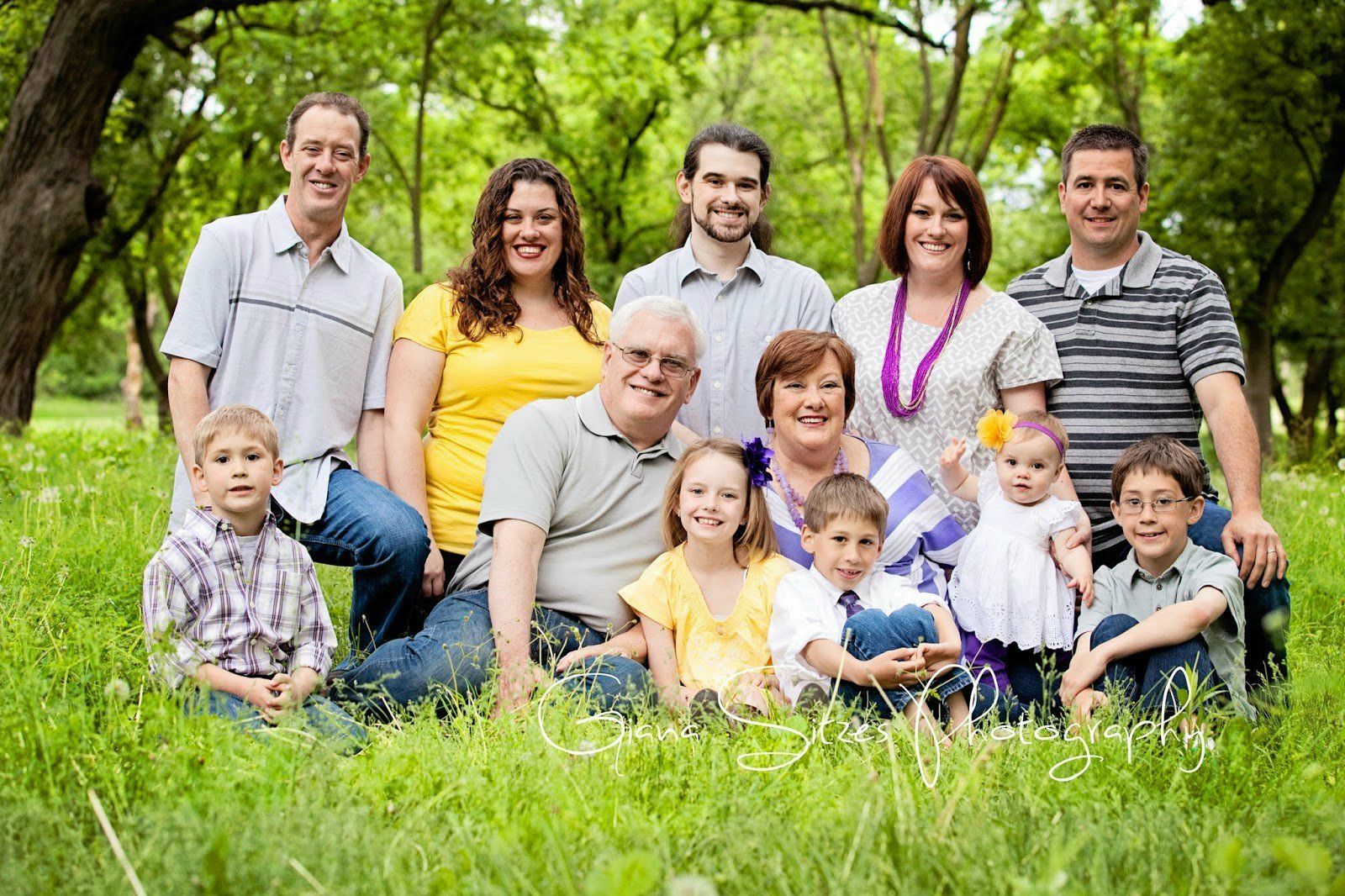When I first stumbled into the world of critical thinking, I had no idea it would become a cornerstone of my career. It all began during a casual office meeting—one of those “let’s brainstorm” sessions where ideas collide, and chaos reigns supreme. I vividly remember a colleague presenting a rather outlandish proposal, and instead of dismissing it outright, I had a moment of clarity: what if there was something valuable hidden within that seemingly absurd suggestion? This epiphany ignited my journey into the depths of critical thinking.
In that chaotic environment, I discovered that critical thinking is not merely about dissecting arguments or analyzing data; it’s about cultivating a mindset that actively seeks to uncover truths and explore the many facets of a situation. Rather than accepting things at face value, I learned to peel back the layers, questioning assumptions and asking the ‘whys’ and ‘hows’. This approach has profoundly transformed my interactions and decisions in both my personal and professional life.
Cultural Connections: Learning from Diverse Perspectives
My upbringing has played a pivotal role in shaping my critical thinking skills. Growing up in a multicultural neighborhood exposed me to a wealth of viewpoints and lifestyles that enriched my understanding of the world. Dinner table conversations often felt like lively debates, filled with insights from different corners of the globe. This rich cultural tapestry instilled in me a deep appreciation for differing opinions and the stories that underpin them. It was an informal yet invaluable crash course in empathy, revealing that each person’s reality is layered and complex.
Embracing this diversity has allowed me to cultivate a more open mind and an appreciation for patterns that transcend cultural boundaries. For instance, a friend from Brazil once shared the intricacies of their holiday traditions, illustrating how seemingly trivial aspects of life often hold profound meanings. This experience helped me to view challenges from various angles, enhancing my problem-solving skills and fostering collaboration and creativity within teams.
The Power of Questions
One of the most transformative shifts in my critical thinking journey came from recognizing the power of asking questions. Early in my career, I often felt hesitant to voice my thoughts, believing that I needed to have all the right answers to contribute meaningfully. Over time, I realized that questions are the true catalysts for innovation and learning. Through inquiry, we unlock new understandings and insights.
Asking these kinds of questions has not only propelled my career but also sparked richer discussions among my colleagues. I have witnessed firsthand how nurturing an environment that encourages questioning can lead to groundbreaking ideas. When everyone feels safe to express their curiosities, the atmosphere becomes a fertile ground for growth and creativity.
Failures as Learning Opportunities
It’s often said that failure is the stepping stone to success, and in my case, this couldn’t be more accurate. Early on, I dove into a project that seemed promising. Everything was set, and excitement buzzed in the air, but it quickly turned into a colossal misstep. Rather than allowing myself to wallow in self-pity, I chose to analyze what went wrong. What assumptions had I made? Where did I fail to gather adequate data? This critical examination not only helped me address my shortcomings but also illuminated potential pathways toward success in future endeavors.
This experience reshaped my approach to critical thinking. I became increasingly vigilant about considering possible pitfalls and crafting contingency plans. It also nurtured my resilience. Now, I view failures not merely as setbacks but as rich learning experiences that propel me forward. With this mindset, I actively encourage my peers to engage in similar reflections, fostering a culture where risk-taking is celebrated alongside the valuable lessons that arise from it.
Empowering Others Through Critical Thinking
As I honed my critical thinking skills, I felt an increasing responsibility to share this knowledge with others. Taking on mentorship roles has allowed me to guide colleagues and students alike in embracing critical thinking in their daily lives. There’s something profoundly rewarding about witnessing those lightbulb moments when someone grasps a new concept or begins to question their own perspectives. Empowering others to think critically not only enriches their lives but also creates a ripple effect that enhances entire teams and organizations. Interested in learning more about the topic covered in this article? thesis help https://workingment.com, filled with useful supplementary details to enhance your reading.
The most fulfilling aspect? Watching others flourish and approach challenges with newfound confidence and creativity is truly immeasurable. Encouraging this mindset of inquiry and analysis has become a genuine passion of mine. In turn, I’ve found that teaching others solidifies my understanding even further. It creates a beautiful cycle of growth that benefits everyone involved.
Discover other perspectives by visiting the related posts. Enjoy your reading:
